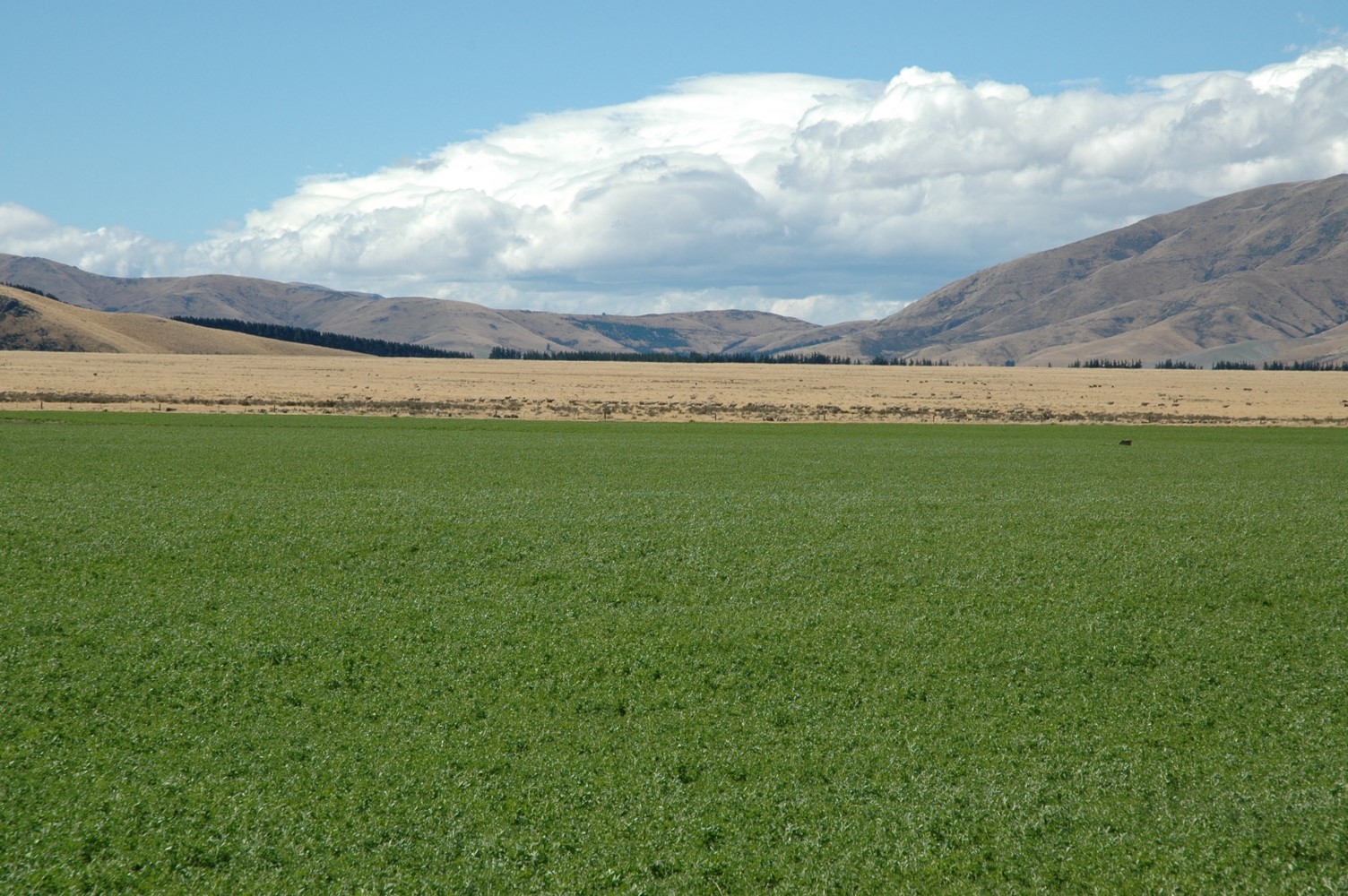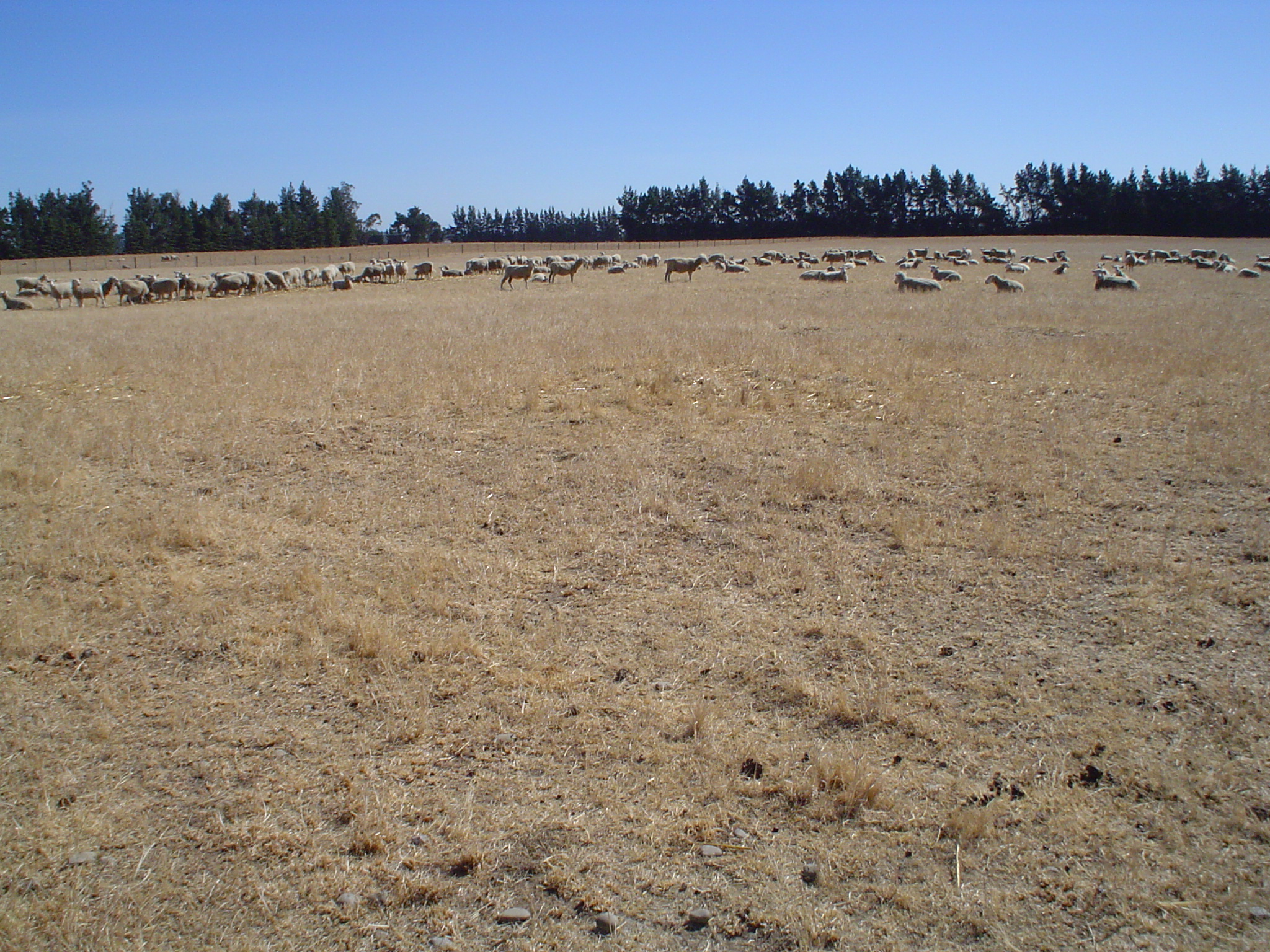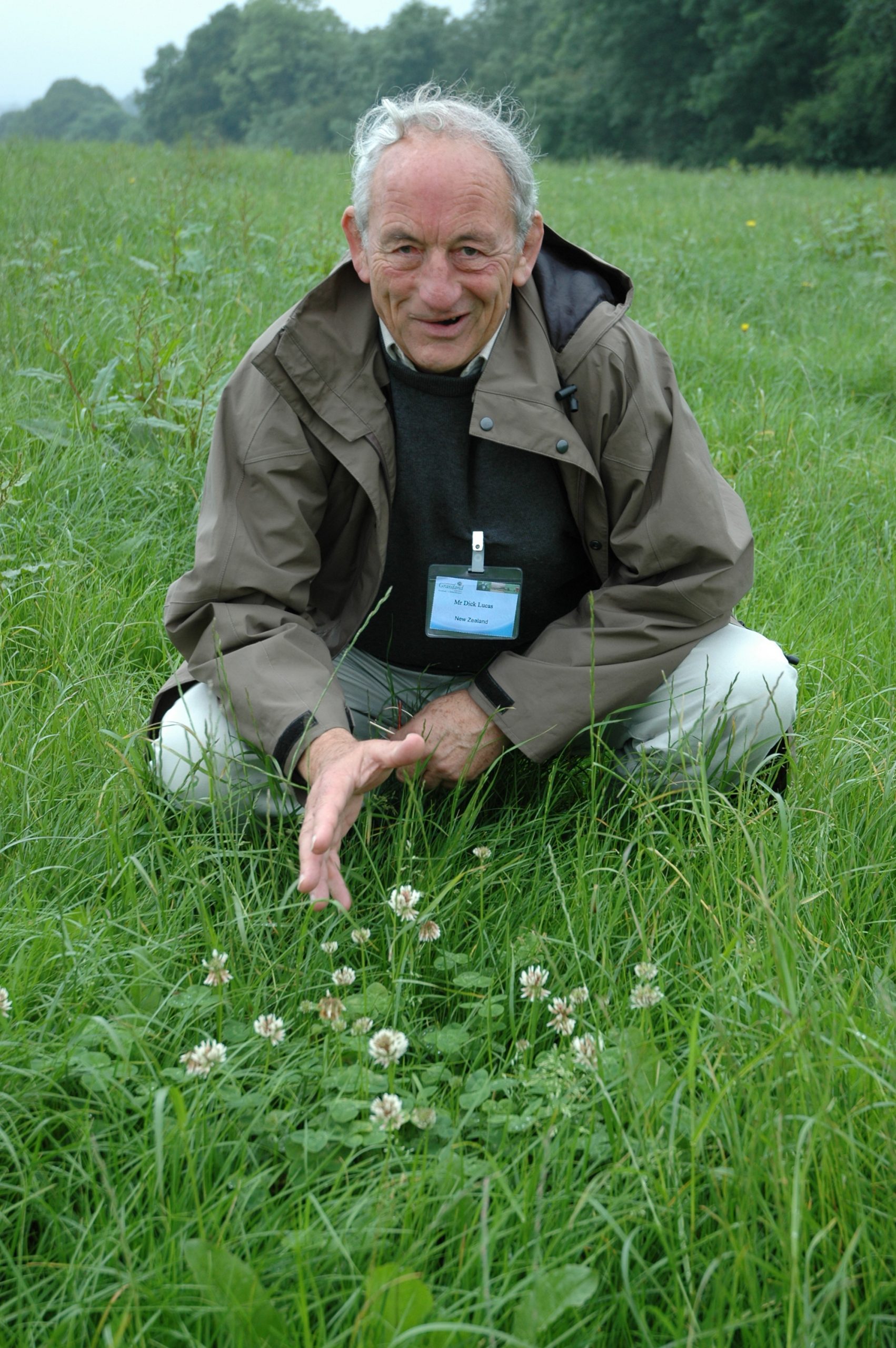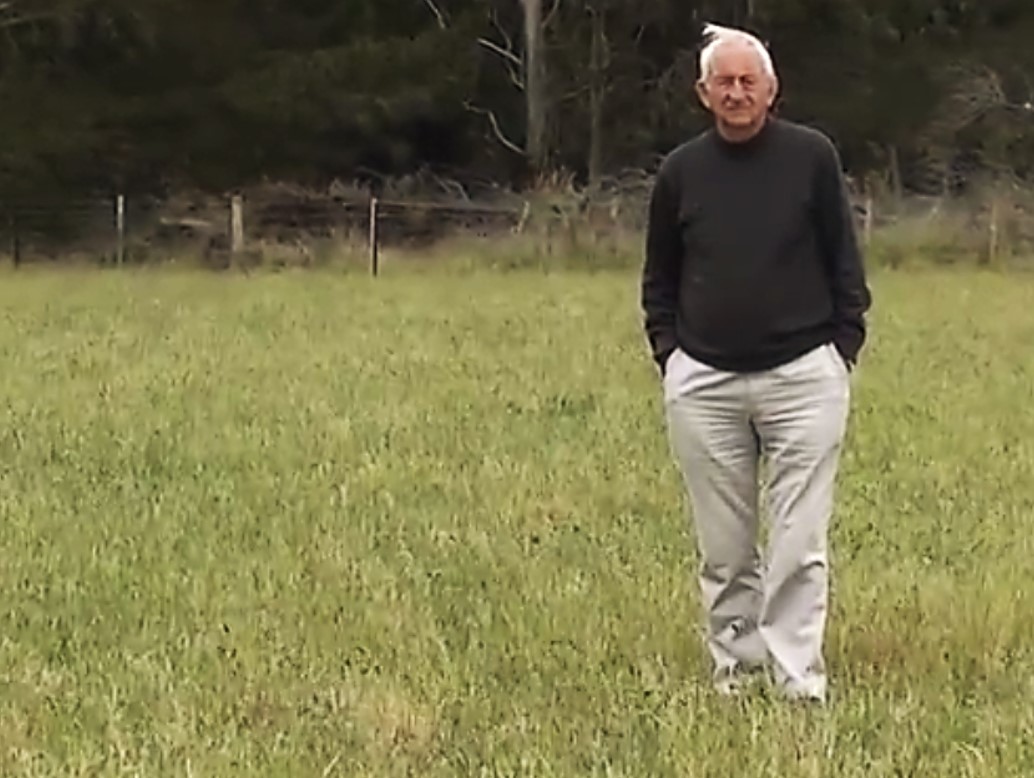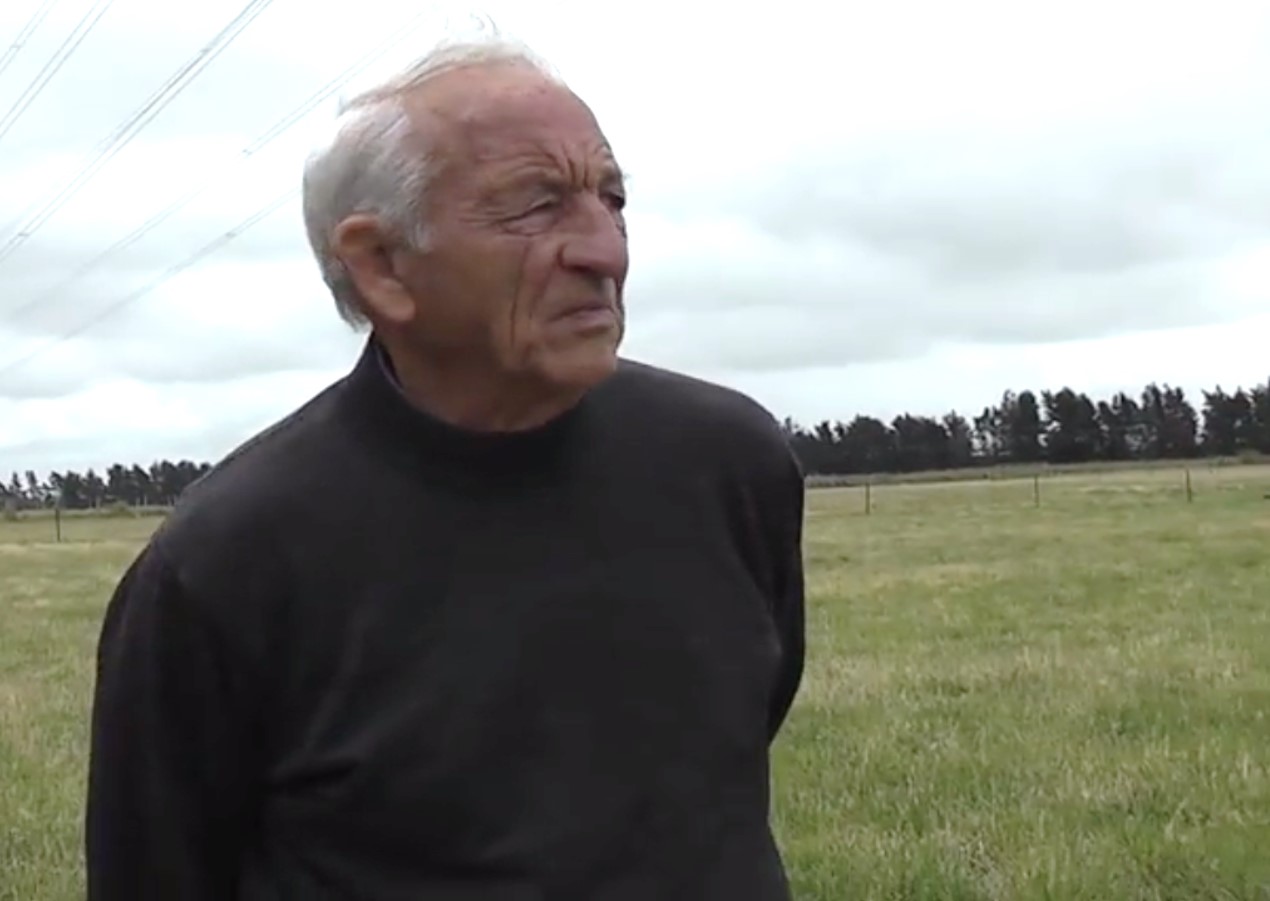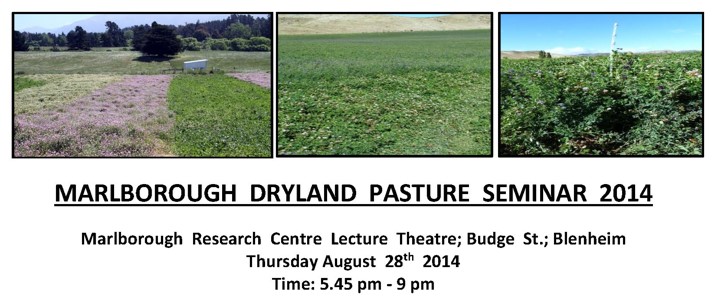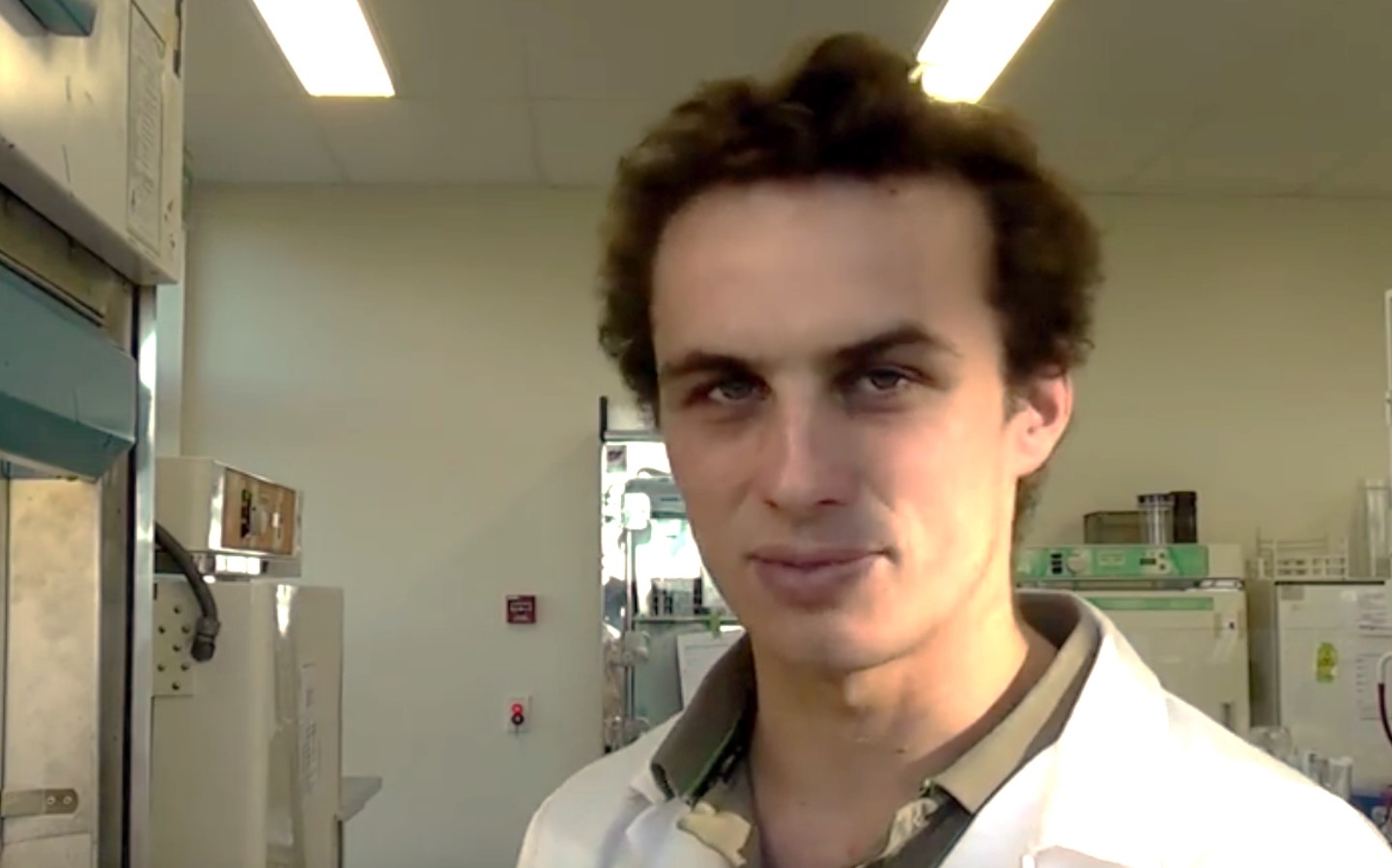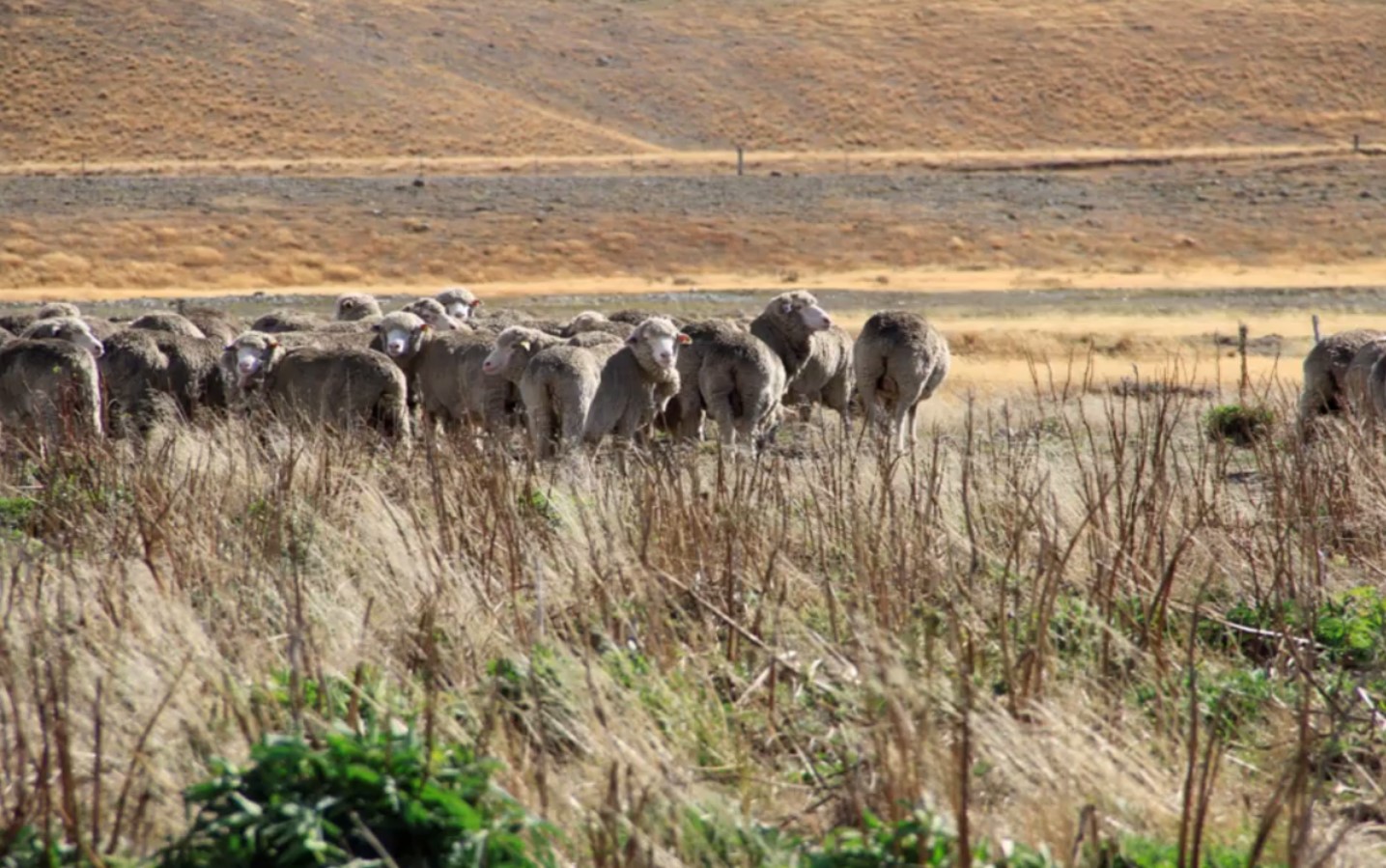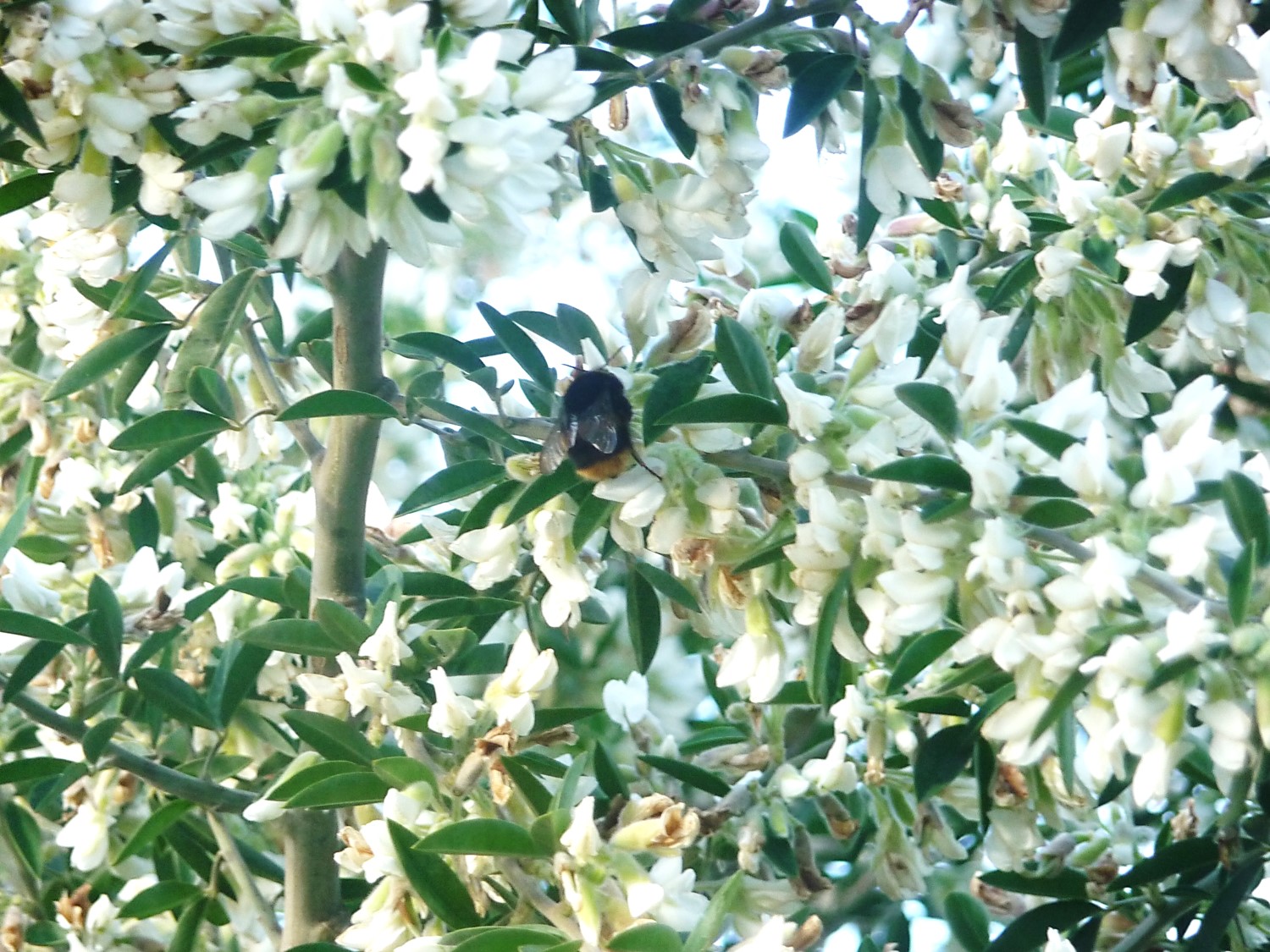The Dryland Pastures Blog is moving to a new address
Update 27/1/2015: Welcome to the new blog site of the Lincoln University Dryland Pastures Research Team. All our previous posts have now been moved into our new site. Just like our previous blog site the comments option will be open for 2 weeks after any new post is published. Original Post (21/1/2015): Over the next … Read more
